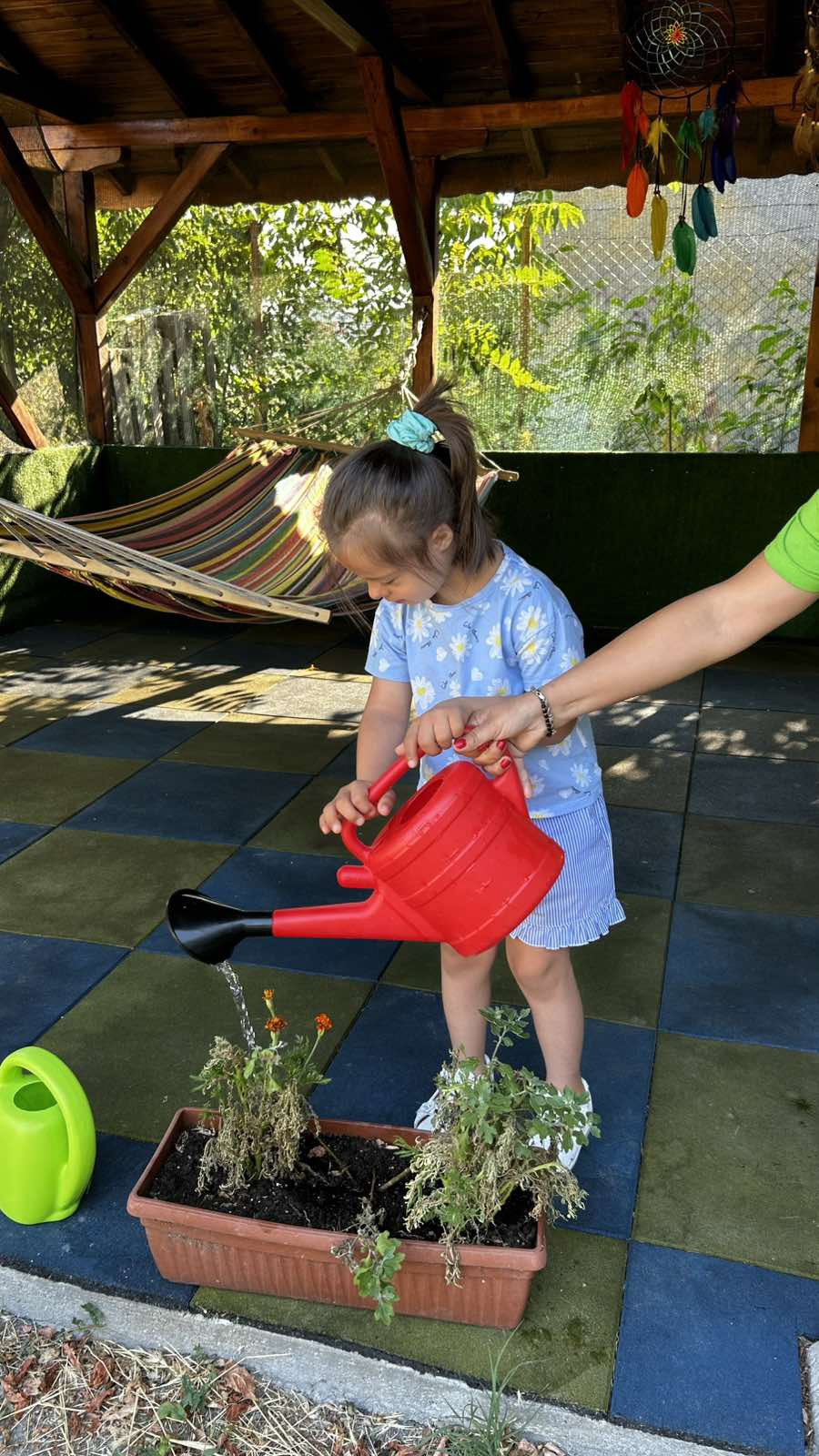Gardens have always been places of growth, not just for plants, but for people and communities as well. For children with disabilities, a garden can become a living classroom, a source of therapy, and a space for connection. Across many communities, volunteers are discovering the power of gardening programs to nurture skills, confidence, and joy—while strengthening the bonds between children, families, and neighbors.
Working in a garden offers children hands-on experiences that engage all the senses: the feel of soil between fingers, the scent of fresh herbs, the sight of seedlings pushing through the earth. For children with disabilities, these sensory experiences can be especially meaningful, offering new ways to explore the world around them. Planting seeds, watering beds, and watching food grow teaches patience, responsibility, and the rhythms of nature.
Volunteers play a vital role in making these gardens flourish. With patience and creativity, they adapt tasks to match each child’s abilities. For example, raised beds make planting and harvesting more accessible for wheelchair users, while color-coded tools and visual instructions support children with learning differences. By creating an environment where every child can participate, volunteers help turn gardening into an inclusive activity that celebrates abilities rather than limitations.
Beyond the joy of watching plants grow, gardening nurtures important life skills. Measuring soil, counting seeds, and tracking plant growth naturally incorporate math and science concepts. Cooking with harvested vegetables introduces nutrition and life skills in a fun, practical way.
For many children with disabilities, achieving small milestones in the garden—such as successfully growing a tomato or arranging flowers—provides a sense of accomplishment and pride. Volunteers encourage these achievements, offering support and recognition that helps children build confidence. These moments remind children that their contributions are valuable, fostering independence and self-belief.
Community gardening programs are not just about children; they also bring families, volunteers, and neighbors together. Working side by side, people share stories, knowledge, and laughter. The act of tending a shared garden breaks down barriers and creates friendships across generations and abilities.
The harvest is a celebration in itself. From seed to table, children get to enjoy the fruits of their labor - sharing food reinforces the idea that their work contributes to the wellbeing of others, deepening their sense of purpose and community belonging.
From the first seed planted to the meal shared at the table, gardening with children with disabilities is a journey of growth in every sense. It nurtures not only plants but also confidence, skills, and a sense of belonging. Through the commitment of volunteers, these gardens bloom into places where inclusion, learning, and community thrive—reminding us all that the most meaningful harvest is the one we grow together.
Дата на публикуване: 10/07/2025
